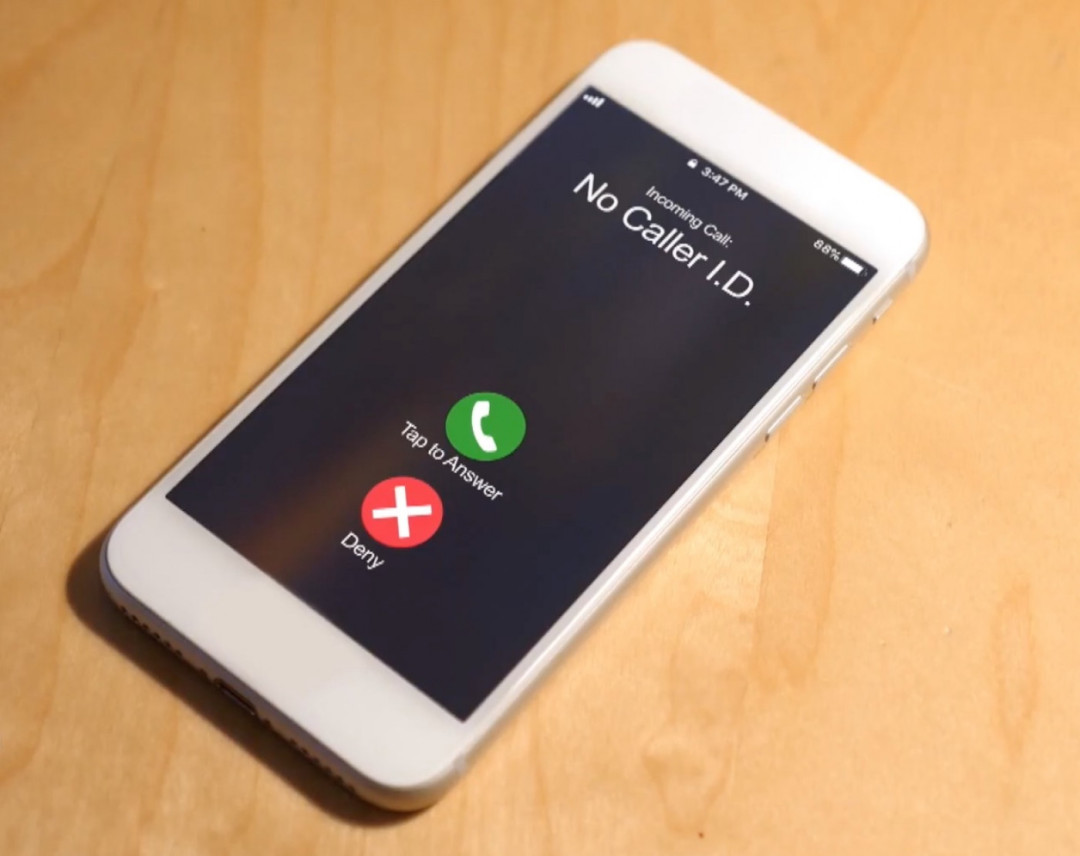The world is full of scammers, and so is your cell phone. If you’re like most folks, you receive multiple calls a day from unsolicited numbers you don’t recognize. If you pick up—and the best thing to do is not to pick up—you’ll get a scammer aiming to get you right in the ripoff range.
Scammers in the Ripoff Range
When criminals try to separate your money, they usually aim for an amount between $5,000 and $50,000. That may seem like a lot of money to most people. But to police and local law enforcement, that’s a business dispute, not theft. Crooks know that, and that’s why they aim for what we call the ripoff range. Instead of going after the thieves who stole your money, law enforcement will direct you to small claims court, where you would have to make a significant investment of time and other resources just to get a judgment.
And even if you get a judgment, you would have to go back to law enforcement to get that judgment enforced and hopefully get your money back. Needless to say, most consumers don’t have that kind of time and energy, so the scammer gets away with the ripoff. The only way to stay safe is not to get involved in the first place.
Robocalls and Scams
Most consumers don’t fall for scams. So to turn a profit, scammers need to call lots and lots of phone numbers. If you make thousands of phone calls a day and only one in a thousand falls for the scam, you still have a handful of successful ripoffs that can net tens or even hundreds of thousands of dollars for the criminals every day. But no person or even team of people could make that many calls in a day. So to make the most calls, scammers use robocalls, computers that automatically dial thousands of numbers at a time. When someone answers, they may get a recorded voice or sometimes a human. But that number was dialed by a robocaller.
In all, the call monitoring company Hiya estimates US consumers received 54.6 billion scam calls in 2019. That’s 150 million calls a day, or 1,740 calls a second.
Stopping Phone Scams
The FTC has issued many fines for robocallers in the US. But many robocallers are located outside the US, where there is little the government can do to stop them. However, it doesn’t take a government agency to stop phone scammers in their tracks. Being a smart and informed consumer can help keep you from falling for a scam.
First, be very suspicious of any unsolicited call. If there is no reason for someone to have your number, and you didn’t ask them to call, you probably don’t need to talk to them. If someone calls you with an offer, like help with credit card debt, an extended car warranty, or another service, consider why they are calling you. If you really are interested in their service and want to find out if it is legit, ask for a website. Most scammers will stop right there. If you do get a website, do your homework. Look them up with the Better Business Bureau. See if you can get any real referrals. And, as always, remember that if it’s too good to be true, it probably is.
Second, know that no government agency will ever reach out to you by phone as their first point of contact. Two common scams involve claims that the IRS or Social Security is looking for you, and you are either in trouble or need to provide some type of information. Those calls are always fake—the IRS and Social Security contact people by mail, never over the phone. If someone claims to be calling from the IRS or Social Security, you can safely hang up. If you haven’t received anything in the mail, you are not in trouble.
Third, if you don’t recognize a phone number, don’t answer. If you pick up the phone, it lets robocallers know that they have a live line, and they will start sending even more scams your way. Let unidentified numbers go to voicemail. Many scammers won’t leave a voicemail, and even if they do, you’ll get a chance to listen and determine whether this was a call from someone you know. If it’s an unsolicited offer, don’t call them back.
You can stay safe from phone scammers if you follow these tips. Remember, the best way to avoid a scam is not to answer in the first place.

